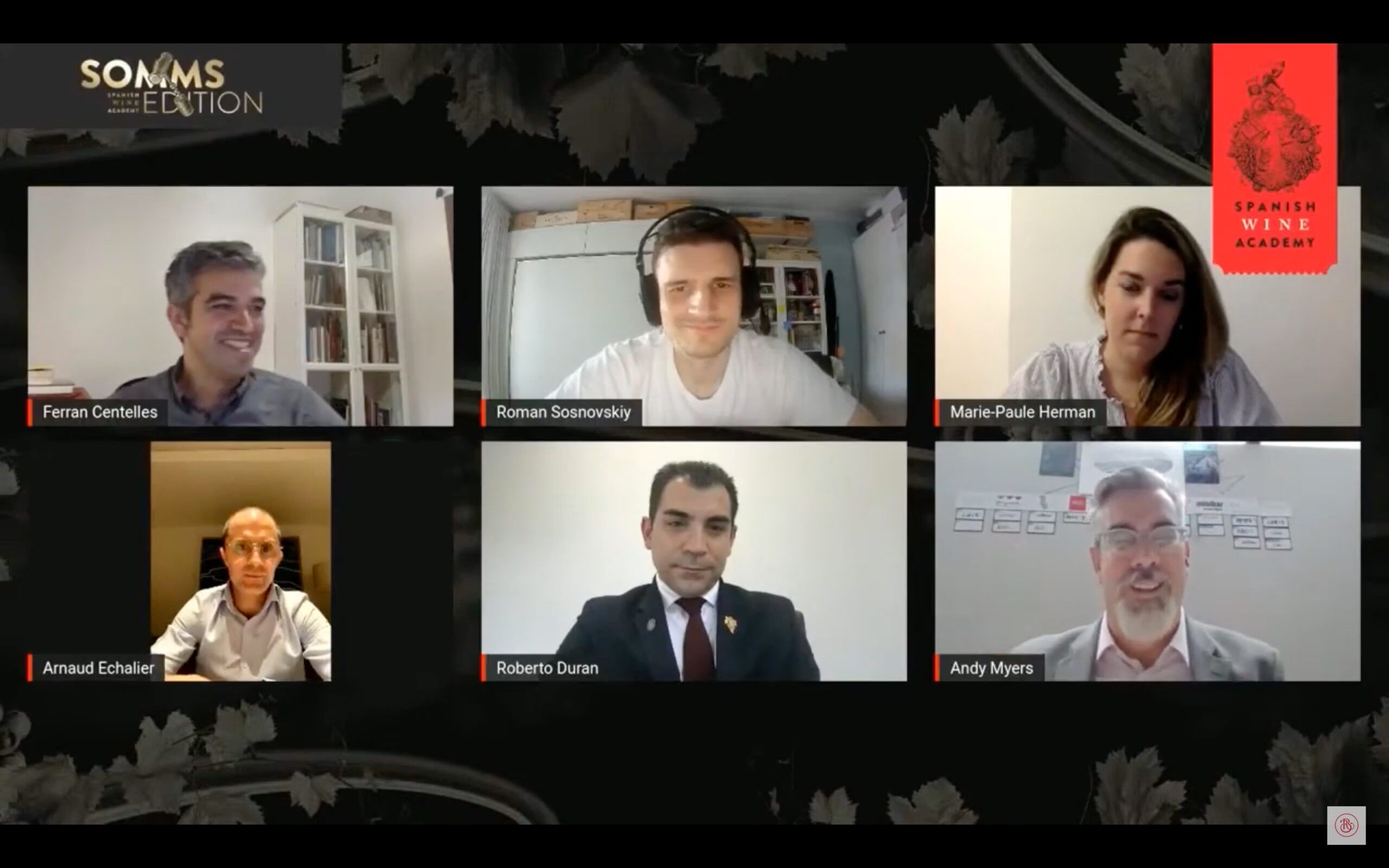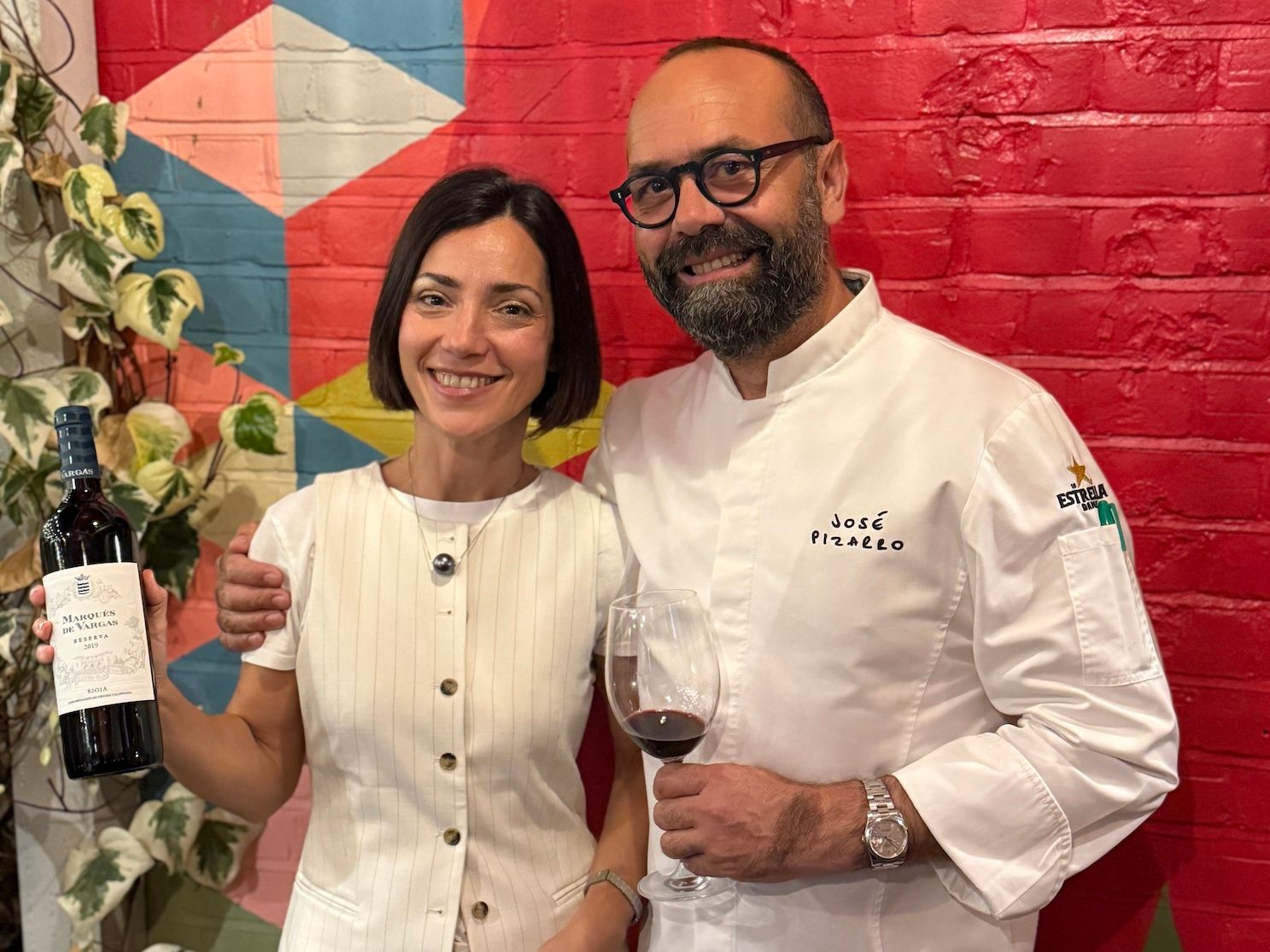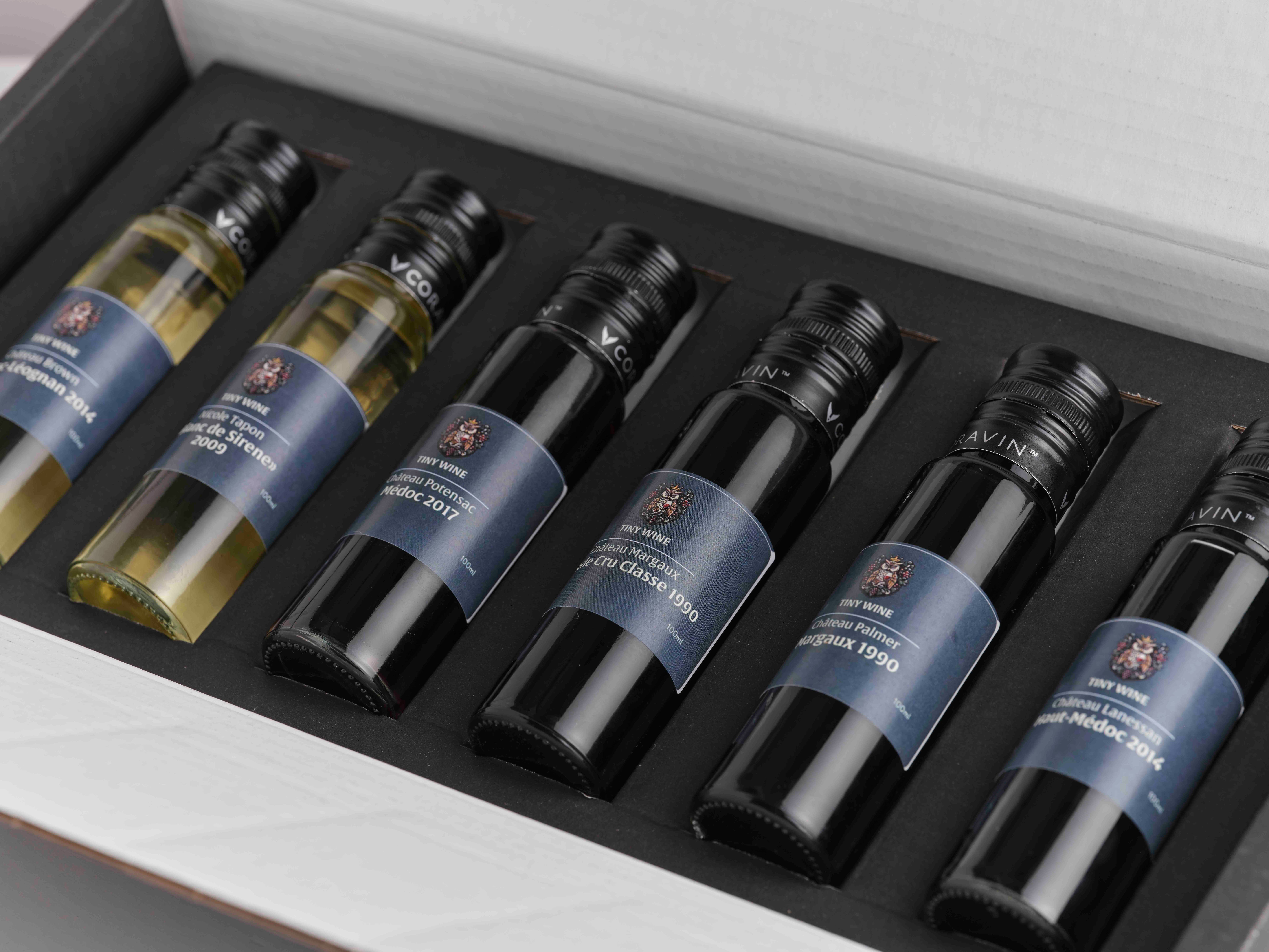“The subtle technicalities of each individual restaurant or bar unit will make or break your success in the coming months so don’t be afraid to ask the tougher questions and make the tougher decisions with regards to your prices, margins, and opening hours.”
Amongst all the other ups and downs of the past 18 months, one thing that lockdown has brought to the wine industry is production value. That’s the first thing that popped into my head as I sat at my desk and watching a very fancy opening credit sequence to the Somms Edition of Ramon Bilbao’s Spanish Wine Academy.
Classical music overlaying swooshing graphics, and beautifully edited VTs with wine luminaries such as Sarah Jane Evans MW and Tim Atkin MW full of praise for this venture from Ramon Bilbao, launched in 2018, and designed to showcase and promote the culture and wines of the whole of Spain, not just about showing off Rioja as maybe some would expect from a Ramon Bilbao venture.
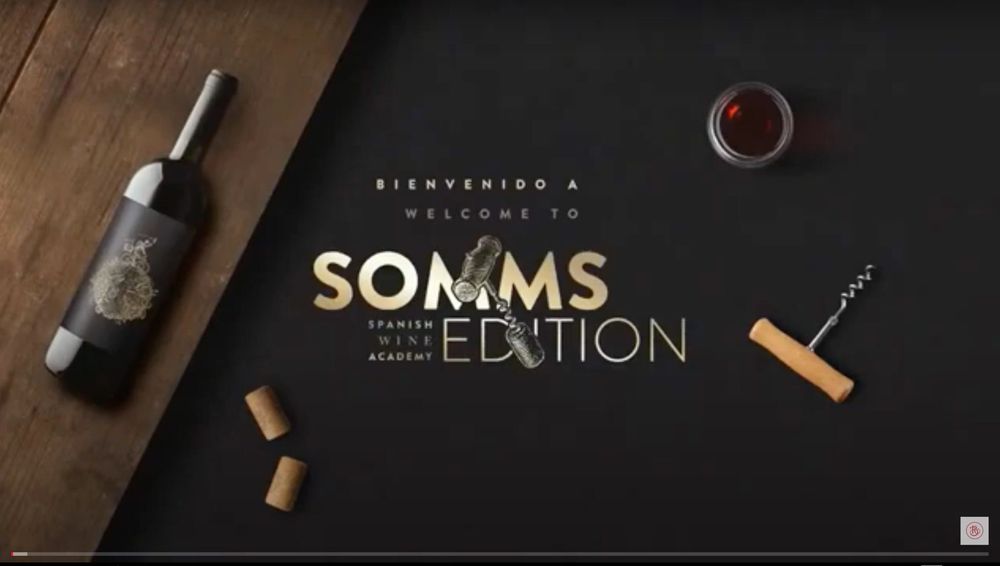
But God love me, I’m a bit of a cynical so-and-so. You always get a bit nervous with fancy opening graphics, thinking this is going to be ‘all mouth and no trousers’, especially given that my nerves were already heightened by the schedule of two and a half hours of speakers back-to-back. Yikes!
What followed, however, was one of the best webinars I’ve attended in recent memory. We were all treated to a thoroughly excellent line-up of speakers, from the sommelier world, speaking their minds about the current topics of the day and how the industry can move forward as hospitality looks to bounce back hard from the global pandemic.
Global trends post COVID-19
This feature concentrates on the first of the four sessions, hosted by Ferran Centelles (El Bulli Foundation), on the threats and opportunities surrounding re-opening after lockdown. The panel of highly decorated sommeliers, based all the way around the world, were not short of stories of exciting things to come.
Andy Myers MS (ThinkFoodGroup) joked that the number of restaurants he manages has stayed roughly the same. The gallows humour that some units would undoubtedly not reopen, was replaced by genuine hope for the future as new units were already in the works. Roberto Duran (67 Pall Mall) was looking forward to heading off to 67 Pall Mall’s new Singapore restaurant, whilst Arnaud Echalier (One & Only Resorts) and Marie-Paule Herman (Maximal Concepts) were looking forward to new openings in Dubai.
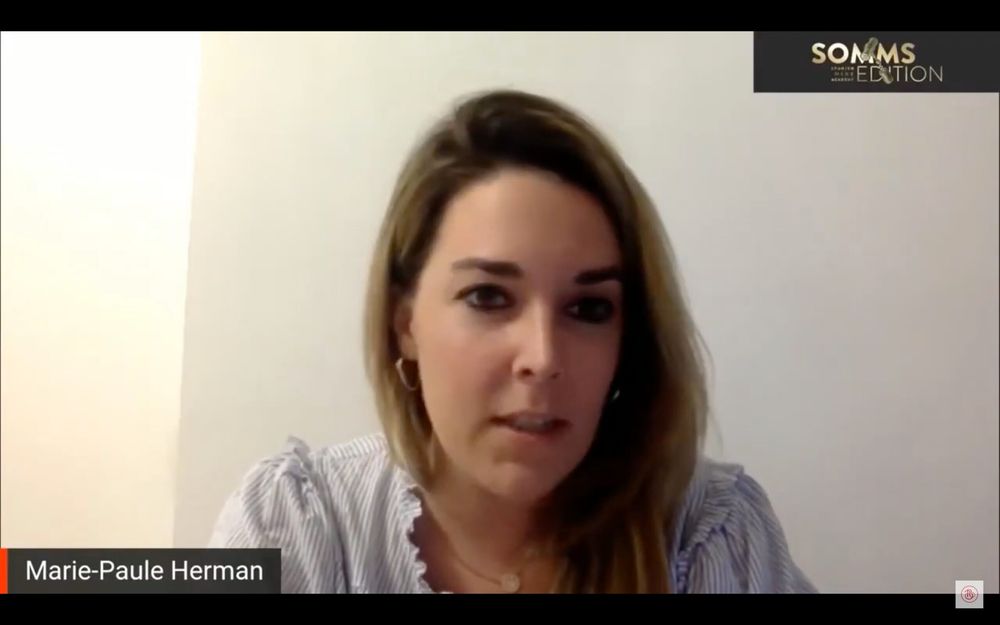
“Staffing is a bloody nightmare!”
The haves and the have nots
When Ferran asked the panel if COVID had opened up people’s minds to trying new things, it was a mixed bag of responses. Mostly this was due to the clientele each panelist served at their respective units. Roberto’s clients at 67 Pall Mall have classic British high-end tastes when it comes to wine. They want the famous regions and wines with age. It can be tough to introduce new styles when clients often have set ideas on what they want. Marie-Paule encounters the same situation in Hong Kong, again with mostly high-end clientele, although she did feel that those wine lists attached to more daring food menus had the chance to push some boundaries.
Arnaud, based at a luxury resort in the Maldives, has a slightly different experience of his high-end clients. They, of course, arrive with the same tastes Roberto and Marie-Paule experience, but the difference is that Arnaud has them for 10-15 days in a row, and most are drinking wine every day. They don’t mind spending money, and after two or three days of building trust, then they like you, they trust your judgement, and then you can try them on the saké or the sherry or the tough-to-pronounce-but-undoubtedly-delicious indigenous grape varieties from Spain or Portugal.

“Changeable state policies could become a roadblock”
Andy and Roman (Roman Sosnovskiy, President of the Moscow Sommeliers Association) looked more towards the current pandemic climate and how their own clients’ habits have changed. Andy noted that previously “dying”, mid-level brands had been flying in the retail space. People wanted what was comfortable and safe during lockdown. Yes, people were now out and about, and he was starting to see an upturn in people looking for new things, but it’s taking time.
Roman pointed to the way in which his own lists, in the short term at least, need to work harder for his guests’ wallets. In Russia, and in many other countries across the globe, the government hasn’t given the same levels of financial support, so people are short of cash. People are looking for cheaper wines, which often means new regions including Portugal, Spain, and Eastern Europe. Local wines too are increasing in consumption as local tourism (the only tourism allowed with closed borders) has seen many more people try them on their travels, something that many in the English wine industry are increasingly reliant upon.
Government policy will dictate in the short term
Roman was clearly still slightly in shock following the new Russian law to come into place from 28thJune (announced hours before the webinar began). It’ll mean that you need a certificate to say that you’re COVID free to enter restaurants. The ‘slight issue’ is that very few Russians want to get jabbed, which is such an issue there’s even a lottery now to win cars if you get vaccinated! People have been starved of getting out and about so they’re desparate to get out, but local and state policy, across the globe, is going to be so changeable in the next few months that it might prove the biggest roadblock.
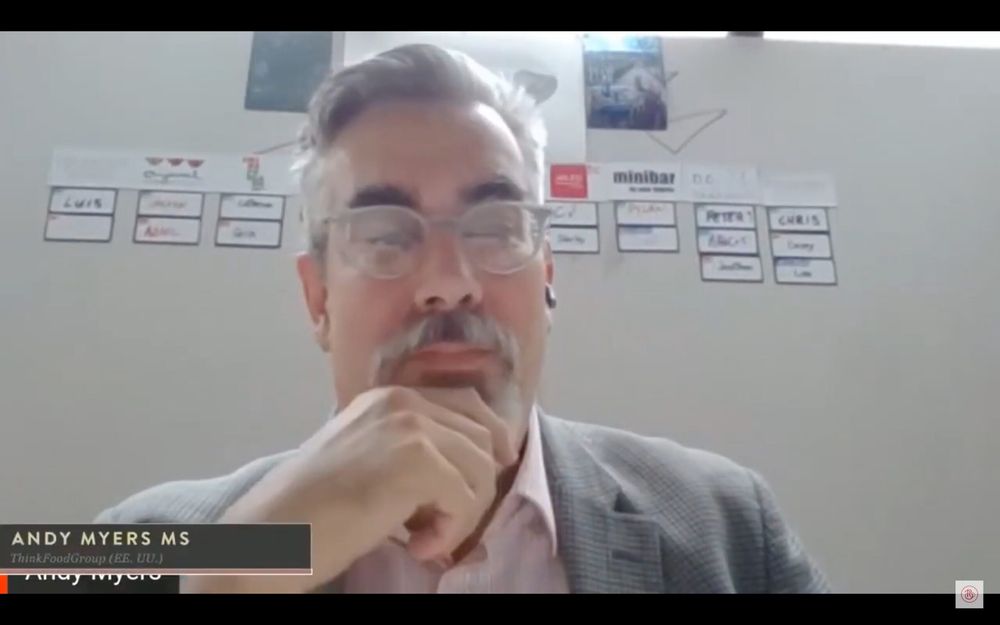
“Previous hospitality staff are having an epiphany”
How do you build your post-lockdown team?
One of the biggest current issues faced by the hospitality industry is staffing. Ferran spoke about staff simply aren’t coming back to work as many people have found a different occupation. The double whammy arrives as returning customers seem to be even more demanding now the restaurants are back open.
Andy and Marie-Paule could empathise. Andy has seen this on his restaurant floor. After a ‘year off’ previous hospitality staff are having an epiphany. Even in management roles, is $60,000 a year enough to compensate for working seven days a week, anti-social hours, and with people moaning at you all day? Sod that! It’s a mean industry, and for many it’s not a lot of money for a lot of abuse. What do we, as an industry, expect? The pressure will mount on middle management to manage the energy and mental health of their floor staff, whilst providing both clients and owners the level of service they demand. Does the industry need both a spiritual and an emotional overhaul?
Marie-Paule’s simple words were that “staffing is a bloody nightmare!” It’s incredibly difficult to find staff. They come for one day and then don’t bother again, or they don’t even show up in the first place. The passion has gone for many people. Staff know that they can move on to a different employer for $1 more an hour, so they do. Those in the management roles are working seven-day weeks to fill in, and a lot of the staff that are there are tired out and facing some very demanding customers. For an industry already prevalent, poor mental health issues are an increasingly looming threat.
Lack of talent? Or lack of enticement?
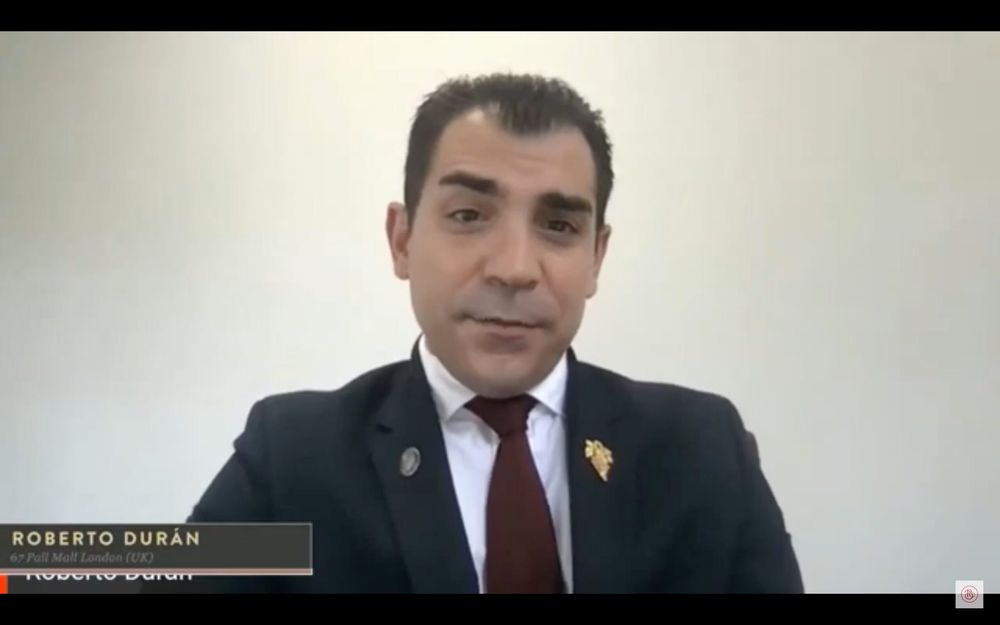
“Consumers will pay more if they’re getting value”
Roberto feels that his employer, 67 Pall Mall, will be OK as young sommeliers actively want to work there. But overall? There’s either a lack of talent or a lack of desire to be the best sommelier they can be. The obvious solution to attracting the best talent is that wages need to go up, which means prices for the consumer have to go up. Eating out at restaurants is going to be a more luxury occassion. People need to understand they need to spend more. Roberto felt that the British customer is ready to pay as long as they are getting value for it, in that they need to see you’re working hard.
Arnaud, however, is lucky. 99% of the staff is local, with most of them here for many years (he had that morning been at a presentation for one of his staff’s 35-year anniversary of working there). They have loyal customers, so the staff remain loyal. Yes there are one or two empty positions, and when the border opens in a few weeks it’ll be a war to fill their key positions, such as mixologists or sommeliers. But he’s also lucky that his customers are coming to the resort to relax, the guests are very peaceful and they don’t expect so much from local staff, however good those staff are.
“Know your client” more important than ever
The panel discussion came to end with the clear messages that it’s vital to know your clients and protect your staff. You need to know what clients expect and what they can afford. You need to know what hours and pressure each individual staff member can cope with. Those in management roles are more important than ever.
The subtle technicalities of each individual restaurant or bar unit will make or break your success in the coming months so don’t be afraid to ask the tougher questions and make the tougher decisions with regards to your prices, margins, and opening hours.
The Somm’s Edition of the Spanish Wine Academy by Ramon Bilbao was streamed live on June 22nd2021. You can watch the entire discussion on the Spanish Wine Academy’s YouTube channel
In the light of the aforementioned staffing issues, the reopening has been tough for many. Please don’t forget that the Drinks Trust provides a 24-hour Mental Health Hotline that is completely free and confidential.
